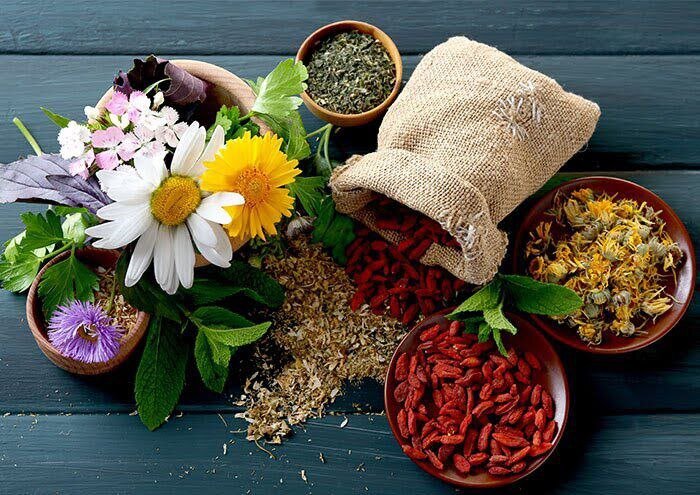Total: 0Toman
The Islamic Republic of Iran Ranks Third in Traditional Medicine Trials in ICTRP
According to a report by the World Health Organization (WHO), Iran ranks third in traditional medicine trials in the International Clinical Trials Registry Platform (ICTRP), highlighting the country’s status as one of the world's pioneers in traditional and complementary medicine.

China and India rank first and second, respectively, the health ministry’s website reported.
The share of clinical trials in traditional and complementary medicine in Iran makes up about three percent of all clinical trials registered in the country, while just about 0.3 percent of the healthcare staff are experts in traditional and complementary medicine. The report shows the high capacity of Iranian researchers to move towards evidence-based medicine.
****Intl. Symposium on traditional, complementary medicine
The international symposium on the policy, legacy, and regulatory landscape of traditional and complementary medicine was held from November 21 to 23, 2024 in Tehran.
The symposium was held in person and online. By holding five specialized panels, the event served as a platform where experts from different Asian, European, American, and African countries discussed their views on traditional medicine.
Training and higher education in traditional and complementary medicine; integration of traditional and complementary medicine in the health care system; and laws and regulations in standardization and provision of traditional and natural products were among the main topics of the event.
The event provided a platform to boost communications, discuss, and share global experiences on traditional medicine laying the ground for integrating traditional and complementary medicine into the healthcare system, the health ministry website reported.
“It is essential to establish and implement policies, regulations, and legislations to be able to integrate traditional and complementary into the healthcare system,” the health ministry’s website quoted Arman Zargaran, an advisor to the traditional medicine office at the Ministry of Health, as saying.
The symposium can help figure out the best strategies to address challenges in integrating traditional medicine into the healthcare system, as well as ways to expand it, he further noted.
Health maintenance, disease prevention
Iranian traditional medicine strongly focuses on prioritizing health maintenance and disease prevention over treatment.
It is one of the most ancient forms of traditional medicine. It is grounded in the concept of four senses of humor: phlegm (Balgham), blood (Dam), yellow bile (Safra’), and black bile (Sauda’). The concept of the four senses of humor is based on the teachings of Rhazes and Avicenna in an elaborate medical system.
So far, about 30,000 plant species have been identified in the world, with Iran’s share of about 8,000 species, which is more than the whole of species found in Europe.
Around 500 Persian medicine experts are providing health and medical treatment services across the country.
More than 1,000 general practitioners who have passed the Persian medicine courses approved by the health ministry are also offering services, Mehr news agency quoted Nafiseh Hosseini-Yekta, the director of the health ministry’s Persian medicine office, as saying.
Currently, nine faculties of Persian medicine enroll students in the country’s universities, she added.
Training Persian medicine experts has always been at the top of the Persian medicine office’s agenda. Therefore, different skill courses have been developed and held under the supervision of the health ministry.





















Write your comment.